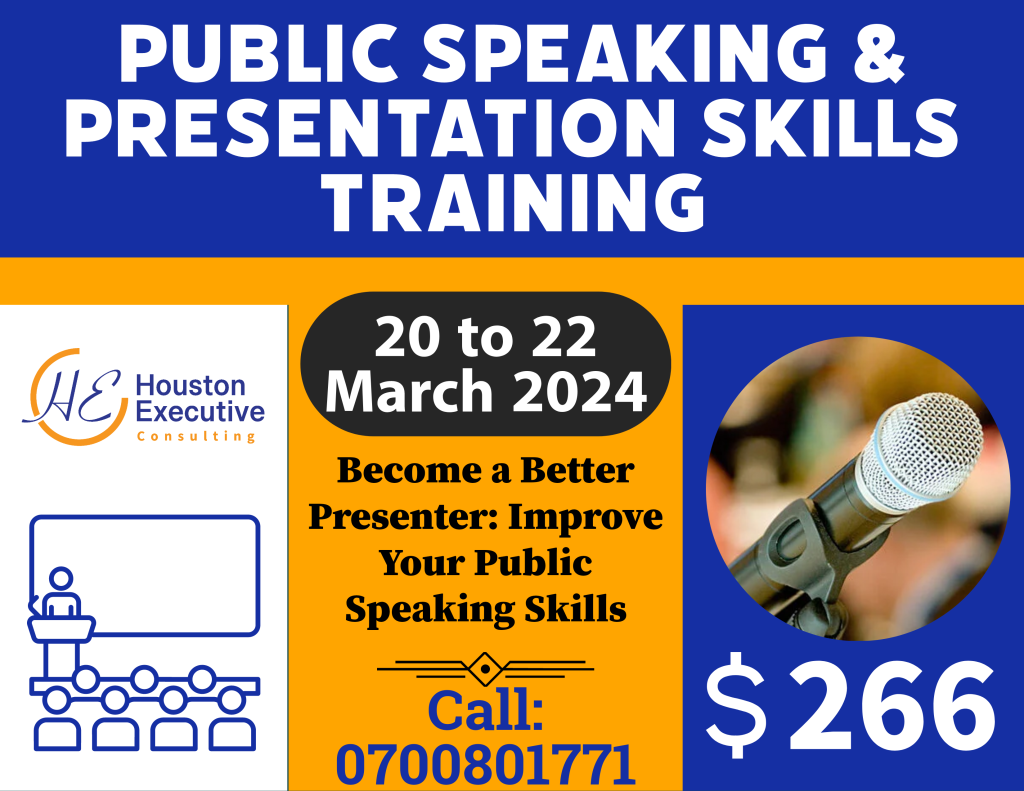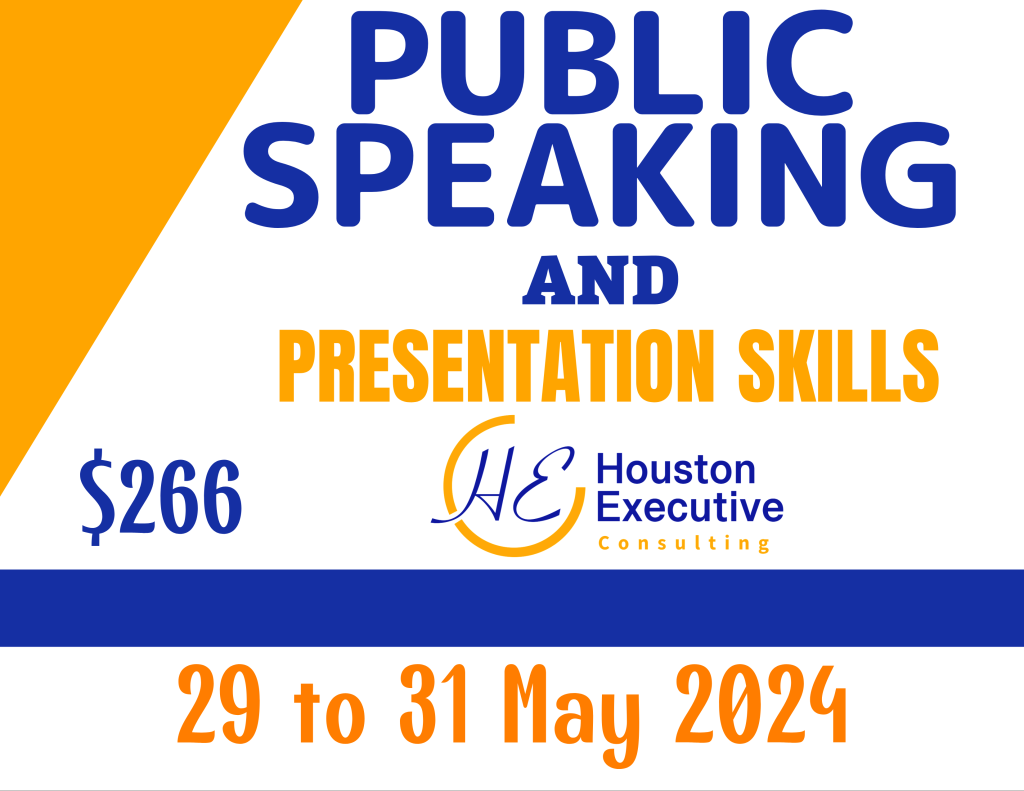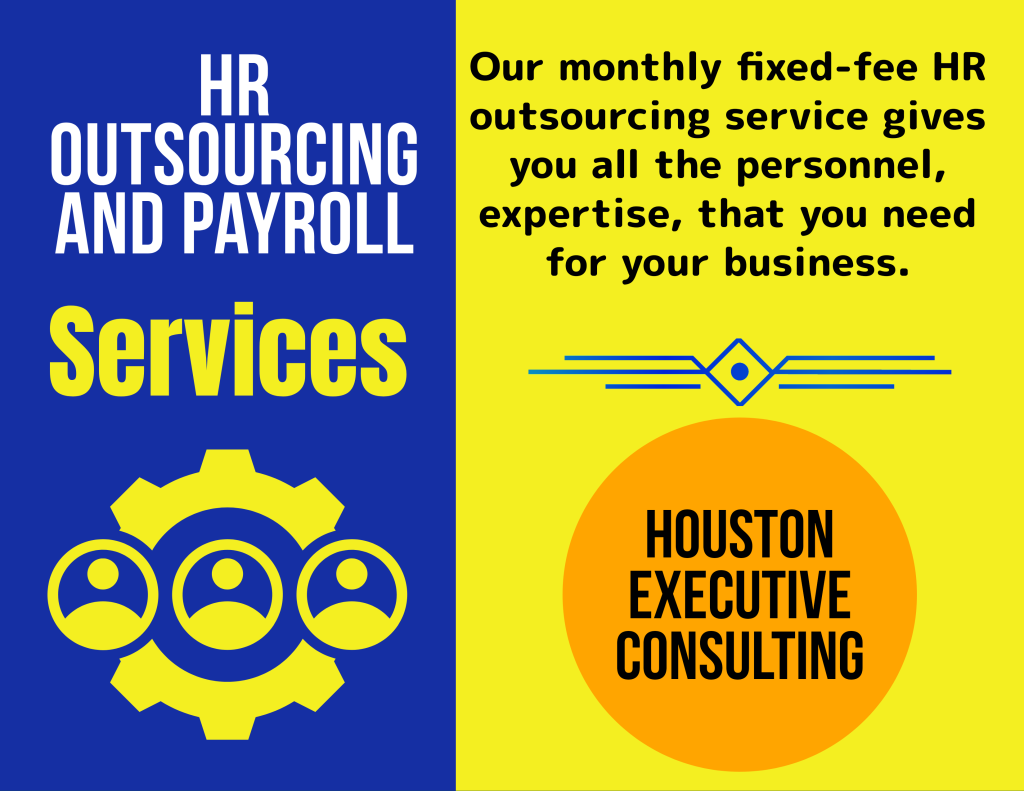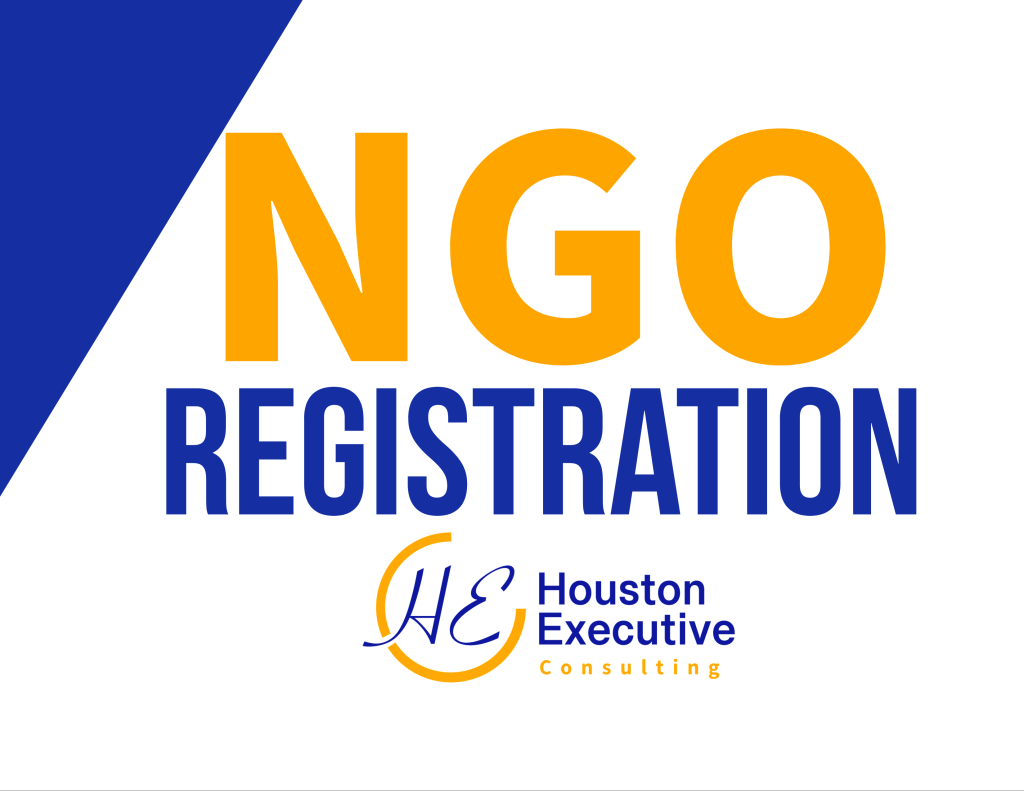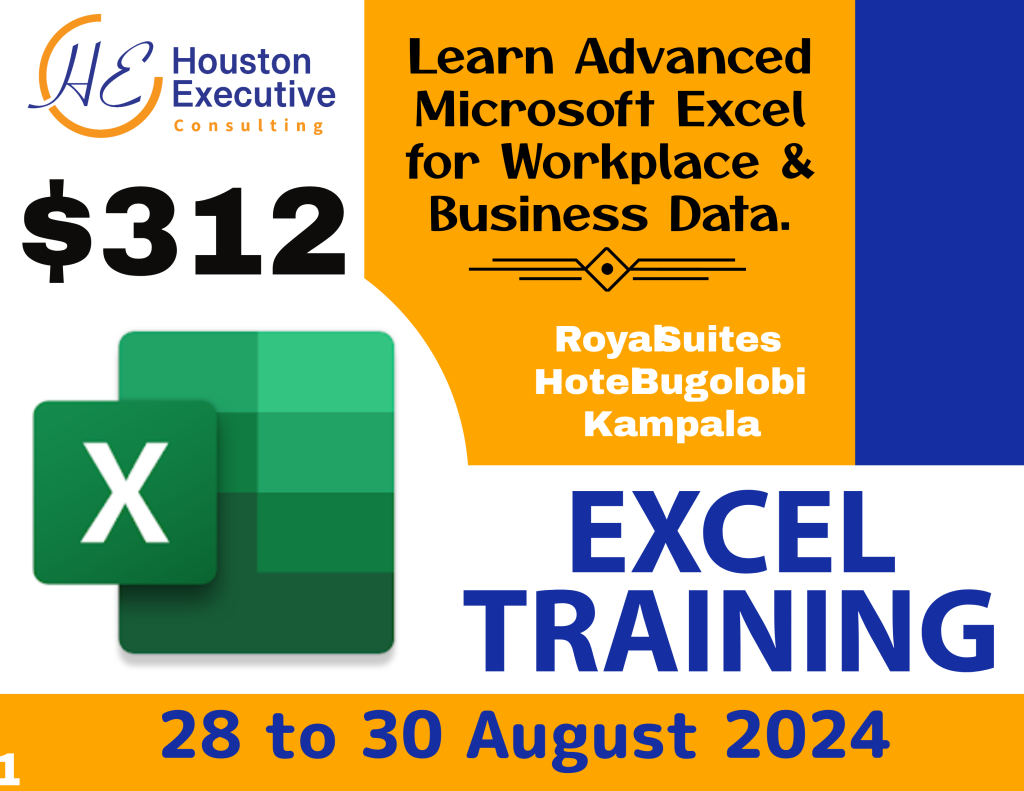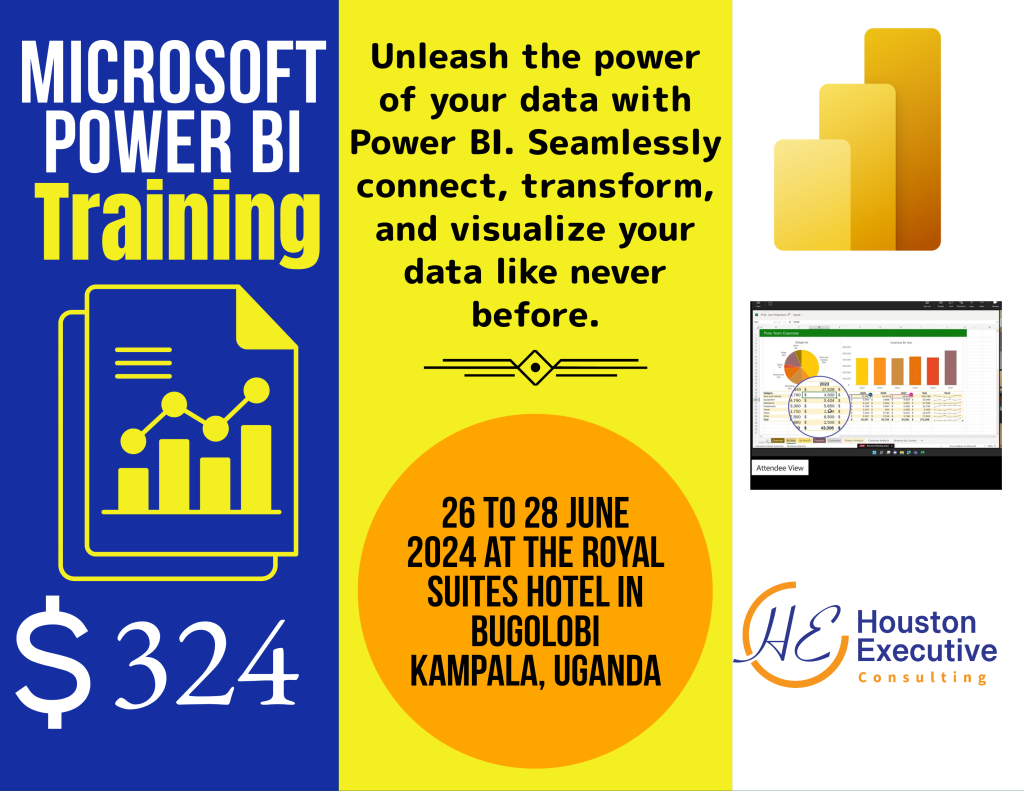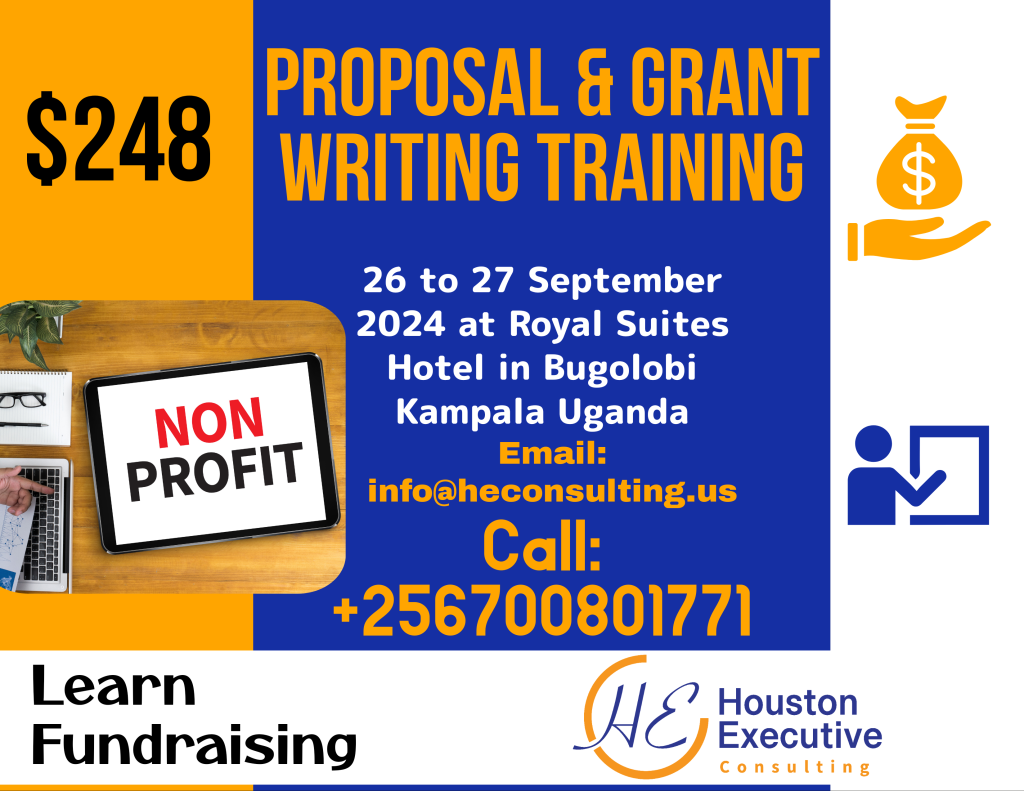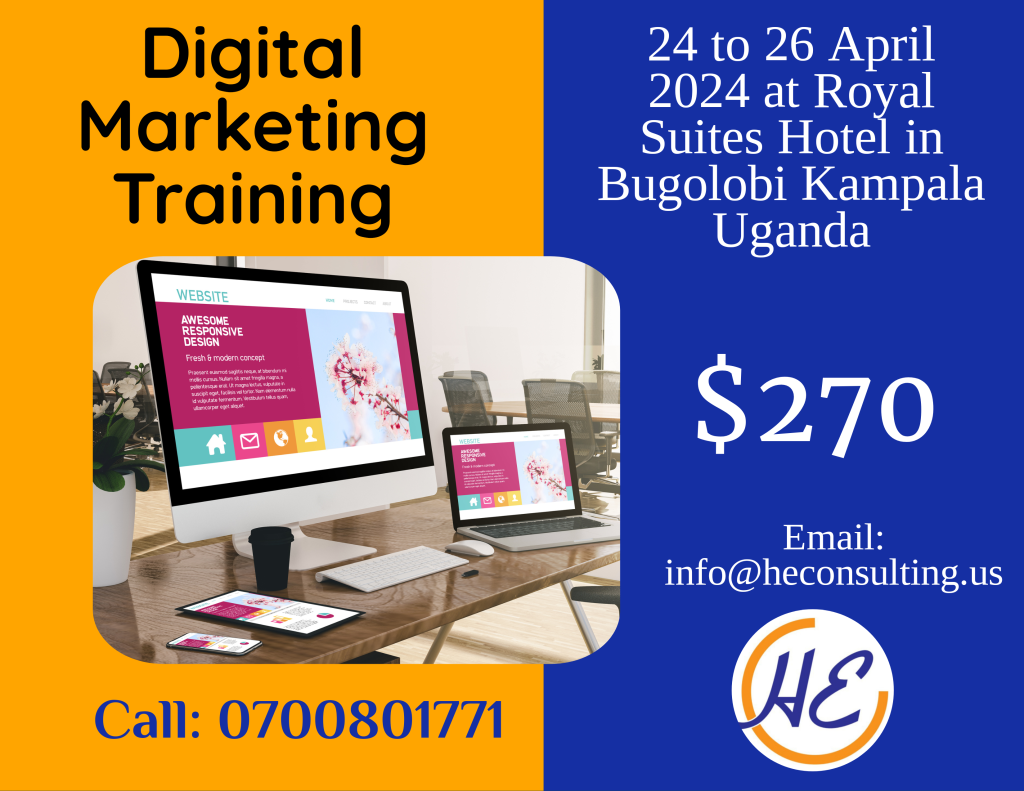9 Key Topics to Consider for Financial Literacy Training
Introduction
Financial Literacy means having the knowledge, skills and confidence to manage money well. One may also say that financial literacy is a process through which an individual (or a family) gains a basic understanding of banking, savings, and the importance of good credit.
Knowledge and skills to manage personal money is very important in every economy for all categories of income earners to be able to make the right financial decisions that would foster economic stability. For low-income earners or families, financial literacy is the driver to enable them realize financial needs like buying land and constructing a family house.
The most single important factor when developing a Financial Literacy Training Intervention is the design of which the curriculum has to be tailored to the goals of the target audience.
However, one should not forget other factors that affect training especially for an adult training intervention. These may include; Time, Environment, Level of education / understanding, Available Resources (financial, human etc.), Language, Gender composition, Age and responsibilities.
I have put together a list of six (6) topics usually included in Financial Literacy Courses. You may also have to find out from participants or target audience through needs assessments which topics are expected to be most beneficial:
- Personal Financial Management (PFM)
Personal Financial Management (PFM) involves planning and keeping track of one’s income and expenses. Under this topic, participants are introduced to the concept of Budget which is a money plan that lays out what one will do with his or her money. This session empowers the participants to realize that a budget is a major tool to manage income and expenses.
- Setting Financial Goals
You can only achieve your what you want though planning. This explains why you must deliberately understand what you want to achieve from life. Under this topic, you will explore your personal and professional development plan that guides you on what you would like to achieve from life.
During the sessions, you get involved in setting financial goals mainly explained as an objective which is expressed in or based upon money. Most importantly, this topic aims to empower participants to have a Financial Plan which is a tool that helps one to decide how to use your money to achieve personal life goals.
- Savings
Saving is the practice of putting aside part of your current earnings for future use. During financial literacy training, we prefer to use very simple language which everyone can understand. That’s why our definitions are simple and to the point.
Participants have to be taken through a comprehensive analysis of where savings come from and mostly, we look at Setting aside a portion of one’s income or cutting costs (household expenses, debt repayments, other expenses). It is also important to talk about Deciding Where to Save considering factors like Safety, Access to your savings, Deposit requirements, Terms of use, Cost, Liquidity and Interest.
You can conclude this topic by discussing a savings plan which is a critical tool for managing money to meet short-, medium-, or long-term financial goals as well as sharing tips to successful saving.
- Loan Management
People borrow for different reasons and that’s why it is important to include this topic on the programme for any financial literacy training intervention. There are mostly three reasons why one of the participants or someone they know may be having a loan.
He or she may have borrowed to invest or to respond to an unexpected emergency or even to consume (to purchase an item for which he or she did not have enough money). Participants need to understand Key things to consider while obtaining any loan like Institutions, products, terms and conditions, when to borrow and when not to borrow, Interest rates, other costs and collateral.
- Investment
Financial Literacy Training also aims to create more investors and that’s their reason we cherish the topic on investment. “Investing is putting your money to use so as to allow it to grow”.
An investment can be in form of property such as livestock (cows, goats, pigs), land (rental apartments, buildings), business [market stalls, grocery shops, public transportation (taxi, special hire or buses)] or shares, bonds and government securities from which you can earn profits”.
Investment is the driver for creation of wealth and financial security, Increase the ability to earn more income, establishing income generating facilities in retirement and creation of jobs for self and family.
A topic on investment enables participants to appreciate that Investments make a difference if they can generate higher cash flows in the future. It also saves them from investing in assets that do not appreciate in value over time. They would also be able to calculate what you expect to earn in future from the investment before making the decision by first comparing it with other investment alternatives and choose the one with a possibility of a higher return.
- Risk Management and Insurance
This topic focuses on understanding risk and how to protect ourselves. Participants are given the skills to protect themselves, their businesses and families against unexpected events which can have serious consequences for you.
The modules help the participants to identify the strategies to cope with these situations. They also learn about the financial products in the market that offer protection like insurance.
In our daily lives we have possibilities of loss or injury. Participants have to learn how to deal with events that have negative consequences for anyone and for business. Some cool f the risks to discuss with the participants include floods that can affect your home or business, suffering personal injury or illnesses, accidents, theft, earthquakes, volcanic eruption, becoming unemployed, and death.
Insurance is a form of protection against the threat or possibility of loss. It is an arrangement by which an insurance company compensates a person or a company for a specified loss caused by e.g., an accident, fire, injury, illness or death in return for an agreed amount of money paid in advance (this is called a premium).
Insurance is one way to “Protect your Family’s Future”. Under this topic, you are expected to cover the types of insurance including different insurance products or policies for risks like: Property insurance, Health insurance, Life insurance, Liability insurance, Disability insurance, and Travel insurance.
- Working With Financial Institutions
There are many financial institutions around us. You need to understand how each one of them operates. This will help you to choose the one that best suits your needs. This can be a bank, financial cooperative, or a microfinance institution.
With less knowledge you are likely to be convinced by any sales person of these institutions to open an account that is expensive to maintain. This topic will help you to avoid paying the high fees and services that you do not even use. Exploring this financial literacy topic helps the participants to look closely at the characteristics of financial institutions and the features of their products.
The topic also empowers the participants to pay more attention to factors to consider while choosing a financial institution to save with in line with the financial goals. These may be things like proximity of the financial institution, reputation and trust, safety, liquidity.
A good session on financial institutions will empower the learners to pay attention to features of the available features of saving products. You have to evaluate the ease of access to your savings. You also need to know the cost of saving, safety, liquidity of the financial institution and the convenience of use.
- Planning for Old Age/Retirement
One and all will have to retire some day and that’s why there has to be the process of determining retirement income goals and the actions and decisions necessary to achieve those goals. Retirement is the stage where a person stops employment completely.
In many countries, many people do not stop work completely because they do not plan early enough for retirement. This forces them to continue working even after the retirement age. The minimum age of retirement is 55 years. People retire either voluntarily (resign or retire before the minimum retirement age) or involuntarily (forced to retire because of age, fired from work, or forced to stop working due to sickness or disability).
Planning for retirement is a choice. One must decide what is best for him or her and then determine how to make it possible. The goals for the later years in life are as important as your short-term goals and while many older adults enjoy working to stay active and involved, it’s much different to work because you want rather than because you have to! Participants have to listen carefully whenever this session is underway.
By the end of the training programme, participants should be having an understanding of personal financial issues, being able to apply that knowledge to manage one’s personal finances and feeling sufficiently self-assured to make decisions relating to one’s personal finances.
- Making Payments
This topic is intended to help you understand and use different payment methods. In this session, you can explore how best to use the different methods to pay for goods and services. Some of the payment methods you can discuss include bank cards, using cheques, bank transfers, mobile money payments, cash and money transfer operations. Nowadays, there are many payment methods from which to chose from. Each method presents unique advantages and disadvantages and can be used for different types of payments.
More Useful Web Resources
Financial Literacy Training – An Urgent Need for All Workplaces
Money Lenders in Uganda – How to Start the Moneylending Busines Right



